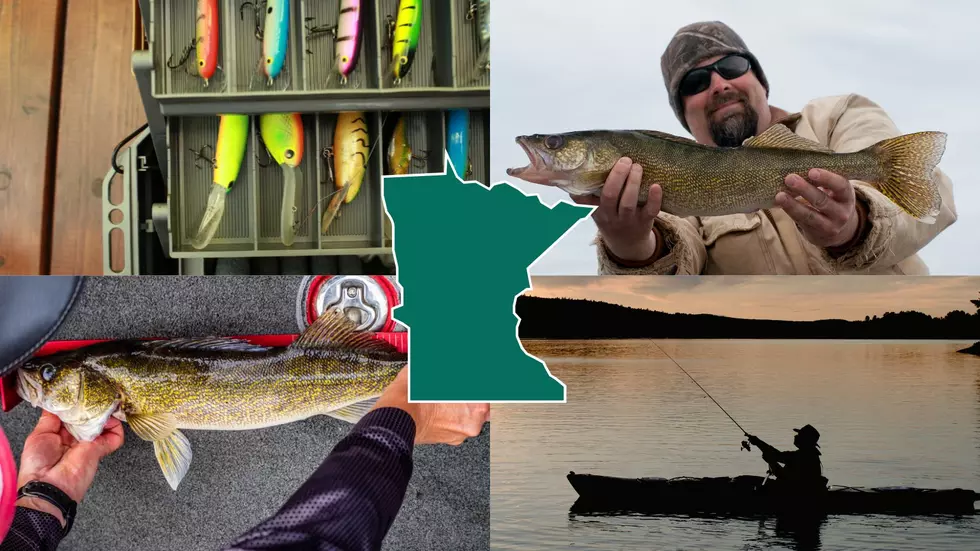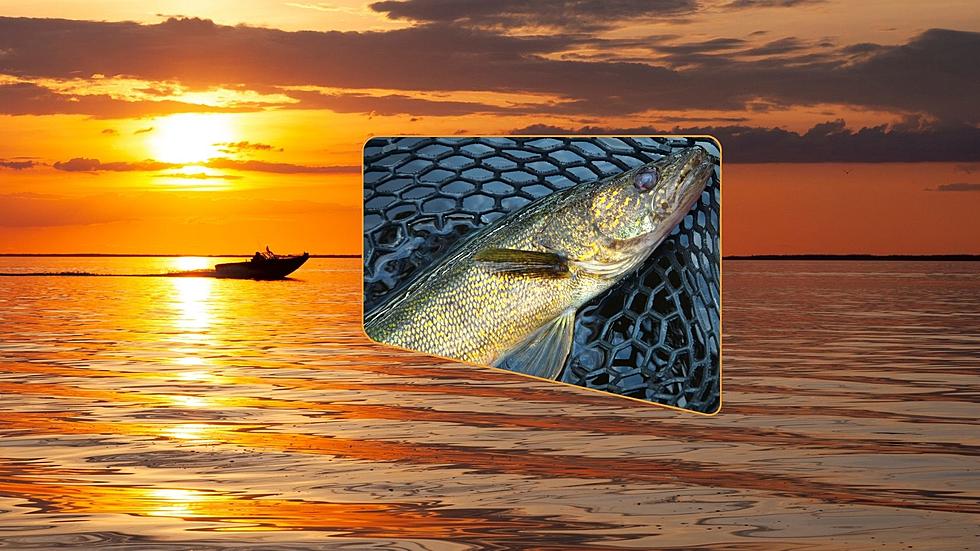
It’s National Safe Boating Week, A Good Reminder Just Before Memorial Day Weekend
One week-end we're talking to the Co-Ho Salmon Anglers in Canal Park and the next week-end we see several of them have moved from casting to out-rigging. Fishing season is in full swing. If you're taking your boat out for the first time this year, the MN DNR provides a list to check for safety.
The Minnesota Department of Natural Resources (DNR) is reminding boaters to take precautions when enjoying this seasons boating and fishing. Even though air temperatures will be in the 60's, water temperatures are still bone-chilling cold.
The key is the life jacket. Even if a person can't swim any further or they lose consciousness, they will stay afloat wearing a life jacket. It's smart for boaters to wear a life vest from the time they enter the boat until they return to shore. Think about it, there is no time to put one on before a boating accident.
If Memorial Day Weekend is your first time out in the boat, the DNR Boat and Water Safety Section recommends you check for the following:
- You should have a U.S. Coast Guard approved life jacket on board, in good condition and most importantly, in the proper size and type for each passenger. Most boats 16 feet and longer also need one type IV throw-able seat cushion or ring buoy in the watercraft too. Ken and I were fishing on the bay and got stopped by the "water police" and they asked us to show them our life jackets and throw-able flotation device!
- Make sure all navigation lights are unobstructed and in working order.
- Make sure fire extinguisher is fully charged – tap the gauge to ensure it isn't stuck on full. That can happen when it sits idle during the winter months.
- Put fresh gear case lube in the lower unit.
- Make sure the steering is the proper tightness.
- Be sure registration numbers are clear and visible and display the current state registration sticker.
- Inspect plastic thru-hull fittings and replace any that have cracked. Look for hoses that have been forced off or split from freezing. Every spring, boats sink at the dock when these problems go undetected.
- Inspect fuel fittings and hoses; replace if cracked or showing other signs of stress or age.
- Get fresh batteries for portable electronic gear – radios, GPS units, flashlights.
- Check lights on the boat and trailer. Inspect trailer tires for wear and inflate properly. Check the trailer frame for rust spots; inspect the wheel bearings and re-pack if necessary. Test the winch.
- Engine or drive oil that is creamy brown or gray has water in it and a mechanic should find the source of the leak before starting the engine.
- Update navigational chart inventory. Channel markers and buoys change and GPS units can fail.
- Review boat insurance policy and update coverage if necessary. Many insurance companies offer a discount to boaters who have taken a boating safety course.
- Check prop for nicks and dings.
- Be sure the drain plug is installed before launching. Don't laugh, it happens!
Take a boating safety course if you haven't already. Oh, if you're fishing, make sure you have your fishing license with you too. (and snacks!)
Happy Safe Boating and let me hear you say "FISH ON, GET THE NET!"
More From B105









